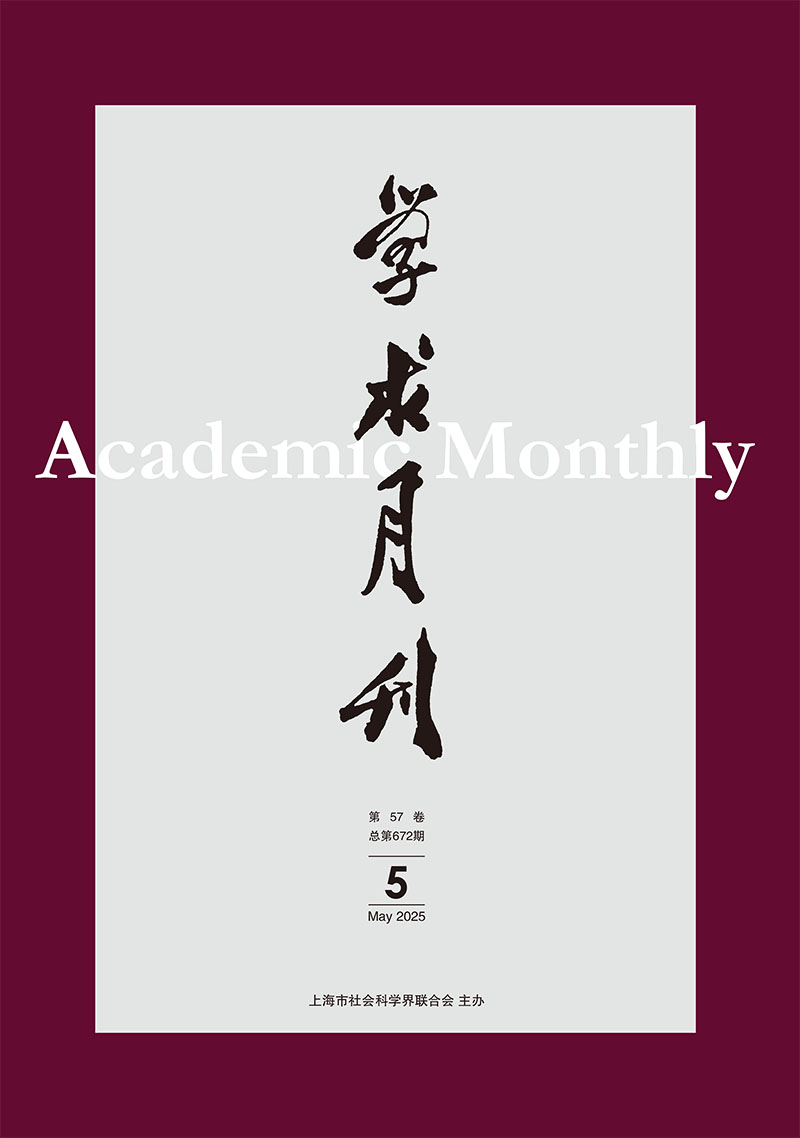Between Kant and Hegel: Transformation and Limitation of the Interpretation Path of Marx's Dialectics of “Abstract and Concrete”
Abstract: In current research, Hegelian dialectics is the main interpretive path of Marx's "Abstract and Concrete" dialectics, but it has caused conflicts between multiple research perspectives such as ontology, epistemology, and logic.The interpretive path should be appropriately shifted towards the Kantian transcendental logic.From the perspective of the unity of epistemology and logic, "from concrete to abstract" and "from abstract to concrete" should be regarded as the "two paths" of the dialectics of "Abstract and Concrete", and the subjective deduction of version A and the objective deduction of version B should be regarded as the "two paths" of the category's transcendental deduction.A comparative theoretical interpretation should be made between transcendental deduction and the dialectics of "Abstract and Concrete".Firstly, from the perspective of the generation process of theoretical structure, the two have formal external correlations and substantive differences in content in dimensions such as theoretical starting points, logical deduction methods, and epistemological construction paths.Secondly, from the perspective of the overall internal relationship of the theory, the two have both formal similarities and mutually exclusive content in the handling of relationships such as "two paths".Thirdly, the limitation of interpreting the path transformation lies in the "likely priori structure" between Kant and Hegel.The "Abstract and Concrete" dialectics combines the theoretical characteristics of the non-identity between the concept and the reality in ontology, as well as the unity of thought and existence epistemology.



 沪公网安备 31010102003103号
沪公网安备 31010102003103号 DownLoad:
DownLoad: